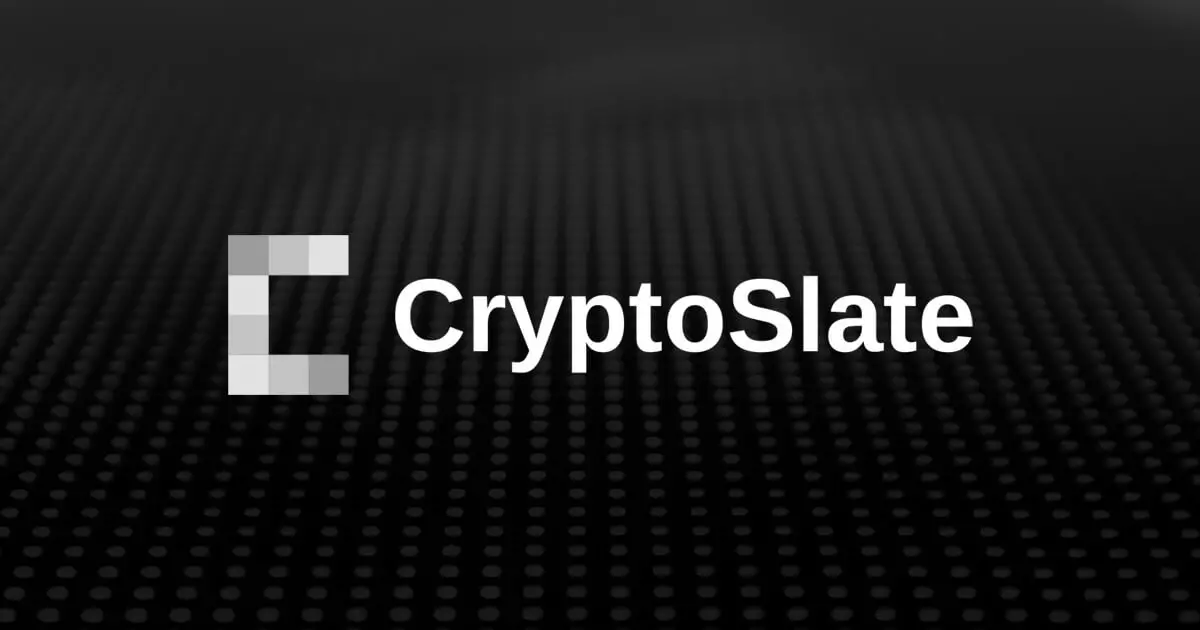In the rapidly evolving landscape of cryptocurrency, the lines between innovation and influence are becoming disturbingly blurred. Recent allegations suggest that Binance, one of the largest crypto exchanges globally, may have engaged in activities that intertwine the digital economy with high-level political ambitions. Specifically, the claim that Binance helped develop a stablecoin linked to the Trump family and that its founder, Changpeng Zhao, is seeking a presidential pardon raises profound questions about transparency, power, and the integrity of the financial system. This isn’t just a case of corporate mischief; it’s a glimpse into a complex web where money, influence, and politics converge—potentially threatening the foundational principles of market fairness and democratic accountability.
The core of these allegations points to Binance’s involvement in creating USD1, a stablecoin purportedly issued by a firm connected to Donald Trump himself. The implications of such an affiliation are staggering. If true, this suggests that a major crypto platform may have facilitated a financial vehicle that could funnel billions into a political sphere where influence is currency itself. With more than 90% of USD1’s $2 billion supply reportedly held by Binance wallets, the concentration of holdings sparks concern over a potential gateway for political entities to leverage digital assets for influence—much like the shadowy networks that have historically manipulated political outcomes behind closed doors.
Furthermore, the possibility that the Trump family could receive substantial annual interest from reserves backing this stablecoin raises questions about the transactional motivations behind these crypto ventures. This isn’t simply about innovation; it’s about the strategic use of emerging technology to safeguard and enhance political power, blurring the lines between legitimate enterprise and influence peddling. In a landscape where transparency is key, such claims demand serious scrutiny. If private interests are being subtly intertwined with digital assets connected to political figures, it could set a dangerous precedent that erodes public trust.
The Intersection of Wealth, Politics, and Ethical Concerns
The role of Changpeng Zhao, the Binance founder at the center of these allegations, complicates the narrative further. His public denial, emphasizing that his personal legal pursuits—such as seeking a presidential pardon—are separate from his company’s operations, appears to oversimplify the reality of how intertwined personal ambitions and corporate activities can become. The fact that Zhao has publicly expressed his intent to seek clemency for past legal violations signals a strategic positioning rather than mere personal legality—suggesting he might see the political landscape as an avenue for influence and protection.
Adding fuel to this fire are the contrasting narratives from different actors involved. The Trump administration, which claims no conflicts of interest, relies on a fine-tuned trust structure designed to obscure the actual transfer of wealth and influence. Meanwhile, critics and ethics experts warn that such arrangements create a dangerous environment where personal financial gains are deeply conflicted with public duties, reminiscent of darker eras in political history—an observation that, while extreme, serves as a cautionary reminder of how accountability can decay when financial interests take root in the political elite.
Additionally, the emerging reports of significant financial gains—amounting to hundreds of millions of dollars from crypto-related activities—highlight how the digital economy is increasingly a playground for the wealthy and influential. When political figures become involved in crypto ventures, especially those allegedly linked to controversial personalities, it risks converting the decentralized promise of blockchain into a tool for consolidating and expanding personal power rather than fostering true financial innovation.
This narrative also raises troubling concerns about the future integrity of the crypto space. If such entanglements are proven true, they threaten to tarnish the reputation of an industry that was once lauded for its transparency and democratizing potential. Instead, it risks becoming a covert avenue for political and financial elites to manipulate markets and influence policy behind the scenes.
In essence, these allegations are not just improprieties; they are symptomatic of a broader societal challenge. If private interests can leverage digital currencies to sway political fortunes, then the very fabric of fair, open markets and accountable governance begins to fray. The intersection of politics and blockchain, if left unchecked, could morph into a new battleground for influence—one where transparency and democratic principles are collateral damage in the relentless pursuit of wealth and power.

